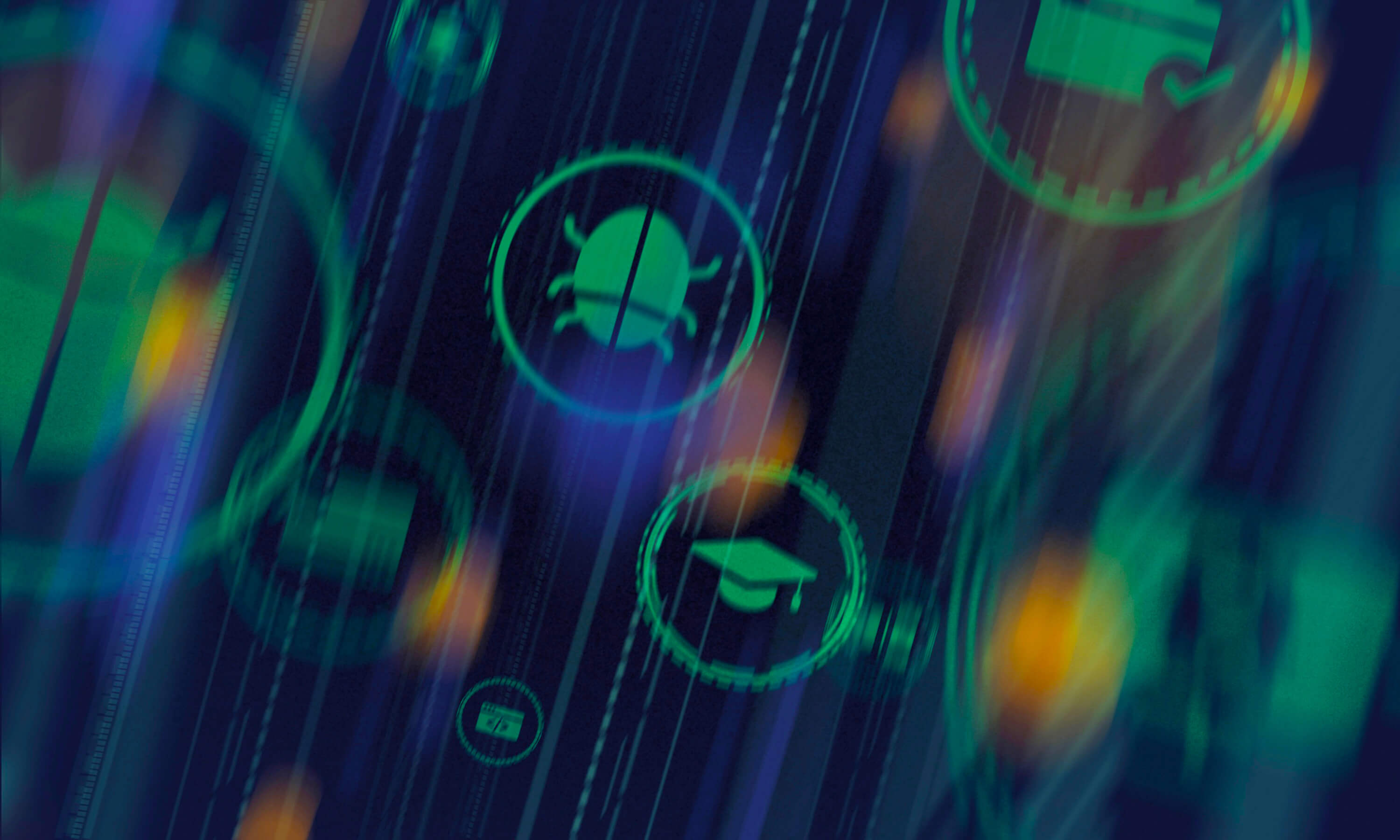Wanting to formalize my knowledge of software testing and establish a baseline understanding of the field, I decided to take the ISTQB Foundation Level exam.
As a software tester, I have always been interested in taking this well-known exam, but I never seemed to have enough time to really focus and study for it. However, I also knew that obtaining an ISTQB certification would be beneficial for my career, as it is widely recognized in the industry, and taking it demonstrates a commitment to professional development.
Recently, I decided to finally take the plunge and give my best to pass the ISTQB Foundation Level exam, so I wanted to share my experiences in more detail. If you’re interested in taking this exam, whether you’re an experienced software tester or just starting a career in QA, this article will help you know what to expect.
ISTQB and the Foundation Level exam
First of all, a bit of background on ISTQB and the Foundation Level exam. The International Software Testing Qualifications Board (ISTQB) is a non-profit organization that provides a standardized framework for software testing certification. The Foundation Level exam is the entry-level exam in the ISTQB certification scheme and covers the fundamental concepts of software testing. This includes topics such as testing fundamentals, testing throughout the software life cycle, static testing, test design techniques, and tool support for testing.
Preparing for the exam
To prepare for the exam, I used a combination of self-study and two Udemy courses. Another option that I explored, but ended up not pursuing, is preparing by taking a study course provided by a local training provider.
Self-study
My self-study involved reading through the official ISTQB syllabus and studying the various topics covered in the exam. I found the syllabus to be comprehensive and well-organized, with clear learning objectives for each topic.
For the ISTQB Foundation Level exam, in particular, self-study was a crucial part of exam preparation for me. The syllabus gives a thorough overview of the subjects examined and lists the learning goals for each subject, and that helped me plan my studying time. Basically, I planned my self-study according to the syllabus to make sure I didn’t miss anything. I would say it took me about one and a half months of periodical study to go through the syllabus.
In addition to the ISTQB syllabus, I also made use of online resources such as practice exams and study guides to supplement my understanding of the material.
Being diligent and consistent in your methods is crucial when practicing self-study. You can create a schedule that works for you and set aside regular study time.
This can include studying from study materials, going through the course outline, and taking mock tests. Track your progress as you go along with your self-study to find out where you might need more time to think or revise.
Udemy courses
I received significant support and direction from the Udemy courses I took as I studied for the ISTQB Foundation Level exam. I took one that covered the entire syllabus and another that was solely an example of the foundation exam.
The course, which was presented by an expert software tester, provided insightful information and practical examples that made the content easier for me to comprehend. I discovered that self-study, along with the Udemy courses, was a really efficient approach to preparing for the exam. It took me about 30 hours to complete the courses.
The Udemy courses gave me more structure and direction as well as the chance to clarify any subjects that were unclear to me and to ask questions.
Overall, the courses complimented my self-study and helped me to solidify my understanding of the material covered in the exam.
Study course provided by local trainer
In addition to self-study and Udemy courses, attending a study course offered by a regional training provider is another option for getting ready for the ISTQB Foundation Level exam. While I did not personally take one, I did some research and discovered that there are such courses available in Croatia, where I live.
The three-day training normally covers the same topics as the ISTQB syllabus. Participants have the chance to learn from a seasoned software tester who can offer insightful commentary and practical examples to help put the lessons being taught into perspective.
You can register for the course in Croatia by sending an email to the regional training provider, who will then give you the course’s upcoming date. The course provider will immediately register you to take the ISTQB Foundation Level exam once you have finished the course.
It is not required to enroll in a study session offered by a local trainer, but it might be a useful approach if you want to prepare for the test quickly.
However, it’s still possible to fully prepare for the exam on your own with a combination of self-study and online resources.
Taking the ISTQB Foundation Level exam
The exam itself is taken online and consists of 40 multiple-choice questions that have to be completed within 60 minutes. If English is not your first language, you get an additional 15 minutes.
The questions covered a wide range of topics and required a thorough understanding of the material. I found the exam to be challenging but manageable, as I was well prepared.
Benefits of obtaining an ISTQB Certification
Overall, I am happy to say that I was successful in passing the ISTQB Foundation Level exam. I found the studying process and taking the exam to be a rewarding experience, as it allowed me to solidify my knowledge of software testing and gave me a sense of accomplishment. I felt that the exam was a good representation of the material covered in the syllabus and required a deep understanding of the concepts, rather than just memorization.
I would recommend the ISTQB Foundation Level exam to anyone looking to gain a foundational understanding of software testing or to enhance their career prospects in the field. If you feel you already possess a fundamental understanding, taking this exam may help you in getting rid of imposter syndrome.
Passing the exam was a great achievement that validated my skills and knowledge. It gave me a sense of confidence and accomplishment that translated into improved performance in my work and studies.
Now that a few months have passed since getting certified, I can see the progress I’ve made in my work. I’ve been able to implement some of the things I learned on the projects I’m working on, and I feel more confident and able to tackle tasks that I may have struggled with before.
Overall, I would say that the exam has helped me improve my skills and become a more valuable asset to my team – and other exam-takers seem to agree. This was a great experience for me and I am already working on becoming a certified ISTQB agile tester. I would highly recommend the ISTQB Foundation Level exam to anyone looking to get started in software testing or to advance their career in the field.










